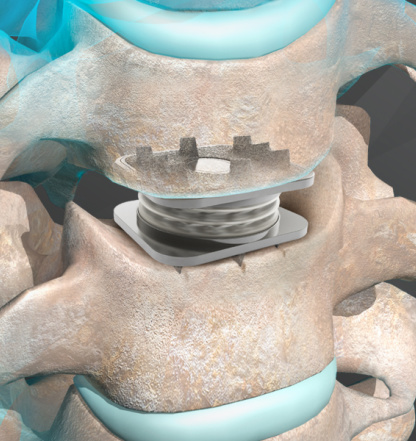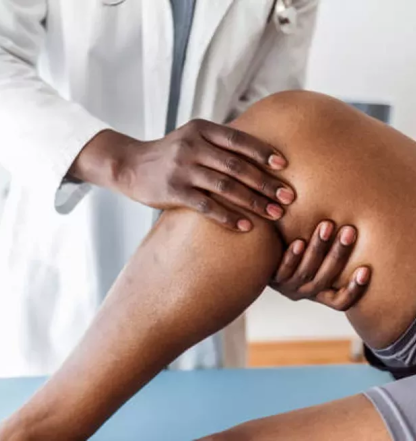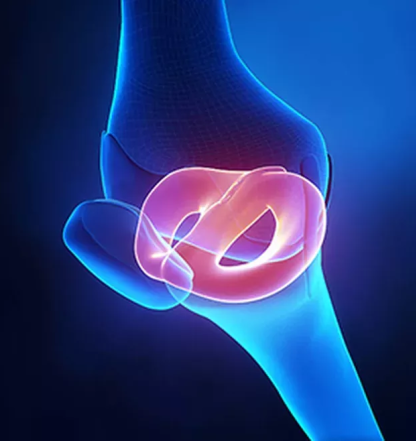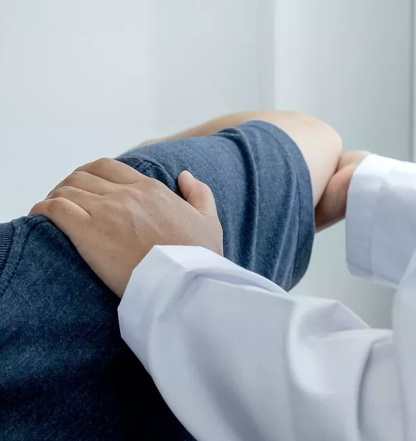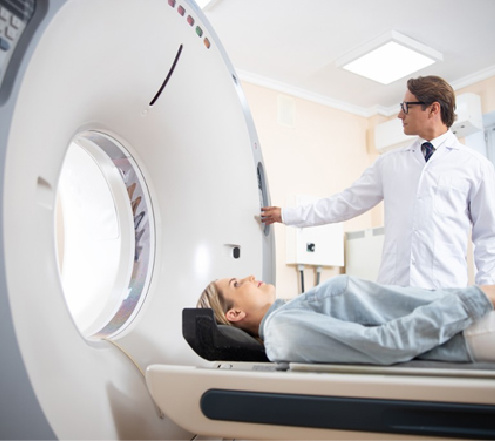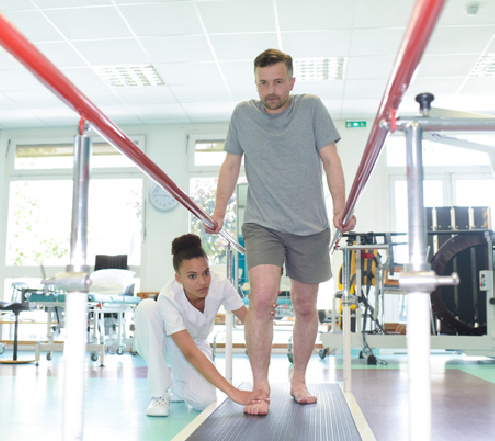Weight loss and back pain are interwoven in a number of complex ways. While weight loss is not a foolproof cure for back pain, achieving and maintaining a healthy body weight can help relieve symptoms in some people with sciatica, lower back pain,…
Weight loss and back pain are interwoven in a number of complex ways. While weight loss is not a foolproof cure for back pain, achieving and maintaining a healthy body weight can help relieve symptoms in some people with sciatica, lower back pain, and even neck pain.
Adopting an intense exercise regimen designed for weight loss may, however, trigger or exacerbate back pain. Conversely, being sedentary (inactive) is also a contributing factor for worsening back pain.
What’s the answer? As in many cases, moderation is key, meaning that engaging in regular physical activity that supports a healthy body weight is best.
Before we take a look at how best to manage weight when suffering with back pain, let’s quickly examine how it is that being overweight or obese might be contributing to your back pain.
Physics and physiology
It is a simple matter of basic physics that carrying a lot of body weight puts extra pressure on the joints. This is especially true if there are existing joint problems affecting normal alignment and joint function.
In addition, a large amount of adipose tissue (fat) typically means an increase in the production of pro-inflammatory substances that can contribute to tissue damage underlying back pain.
An excess of fatty tissue also makes it harder for the body to respond to insulin, which can lead to elevated blood sugar, greater production of free radicals and pro-inflammatory cytokines, impaired healing, and a lack of energy to engage in healthy behaviors. It is no surprise then, that excess body weight can lead to more rapid tissue degeneration, inflammation, poorer recovery from injury, and increased pain.
Sciatica risk and back pain increased by obesity
Research supports this link between increased body weight and back pain, with one study finding that those who are overweight or obese have a 12% and 31% increased chance, respectively, of being diagnosed with sciatica, compared to people with a lower body weight. The same study found that being overweight increased the risk of lumbar radicular pain (i.e. pain that radiates in the lower back) by 23%. The risk was increased 40% for people who were obese.
The study, published in the American Journal of Epidemiology, looked at data from 26 studies (8 cross-sectional, 7 case-control, and 11 cohort) and found that hospitalization for sciatica was 16% more likely for people who were overweight and 38% more likely for those who were obese. Even more alarmingly, patients who were overweight or obese and who had sciatica or lumbar radicular pain were also 89% more likely to have back surgery for a herniated disc in the lower back.
Sciatica can be triggered by compression of the sciatic nerve in the lower back or in the thigh, due to the piriformis muscle. An increase in fatty tissue in these areas puts extra pressure on all the nearby structures, including the sciatic nerve.
Weight loss for sciatica relief
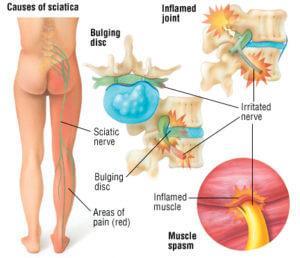
Weight loss may relieve sciatica by taking some of the pressure off the sciatic nerve. Of course, the catch-22 here is that back pain can make it hard to manage body weight successfully by being a barrier to exercise, contributing to poor dietary choices (i.e. comfort eating), and by way of weight gain being a potential side effect of pain medications such as steroids.
In addition, being overweight can mean that a patient is not a good candidate for spine surgery. Some patients with back pain may be told that they need to lose weight before surgery so as to lessen their risk of problems related to anesthesia, blood clots, and impaired healing.
How to lose weight when you have back pain
Cutting calories in an attempt to rapidly lose weight is not recommended as this almost always leads to a rebound effect where more weight is gained than is lost. Instead, the best way to lose weight in a healthy and sustainable manner is to get regular exercise and eat a balanced diet that provides adequate calories for everyday activity.
A healthy diet is one that includes plenty of:
- Fiber from fresh fruits, vegetables, and whole grains
- Plant-based proteins (legumes, pulses, nuts, seeds, and vegetables)
- Healthy fats (from nuts, seeds and grains)
- Vitamins and minerals.
A healthy diet will also contain minimal or no refined carbohydrates (sugars and white flour-based baked goods), and little or no red meat or other animal products that are high in saturated fats and other substances that promote inflammation and cancer.
Eating well means that your body gets the energy and nutrients it needs to stay healthy and to heal, without adding extra body weight that can compromise joint health. By teaming a healthy diet with exercise, you also increase your strength and resilience, helping to stave off future injuries or to bounce back faster.
Exercising with back pain
High impact exercises such as running are not recommended as part of a weight loss strategy for those with back pain as this increases the risk of further injury and pain. Running and other high impact sports may also be difficult for those who are overweight or obese as a higher body weight puts more pressure on joints during sudden impacts.
Instead, exercise that supports the body and cushions impacts can be ideal for those who are overweight or obese. Good options include:
- Swimming
- Cycling
- Yoga
- Pilates
- Aqua aerobics
- Resistance training
- Walking
- Stair-climbing.
If you have spinal nerve compression, be sure to consult your physician or a qualified physical therapist prior to exercising; some yoga poses, for example, could increase the risk of nerve damage.
Spine Center Atlanta now offers Medical Weigh Loss which is a combination of weekly counseling sessions, vitamin/energy injections followed by an exercise and meal plan. If you’d like more information about our medical weight loss program contact us today!
Although this article has focused mainly on how to manage body weight with back pain, it is important to note that unexplained weight loss and back pain can both be symptoms of an underlying condition, such as cancer, and anyone with both symptoms should see a physician immediately. As back pain and depression are also interlinked and can be tied to problems with appetite, it may be that successful weight management is best achieved by taking a holistic approach to address all health issues simultaneously.
Reference
Rahman Shiri, Tea Lallukka, Jaro Karppinen, Eira Viikari-Juntura. (2014). Obesity as a Risk Factor for Sciatica: A Meta-analysis. Am J Epidemiol, 179(8):929-937.



